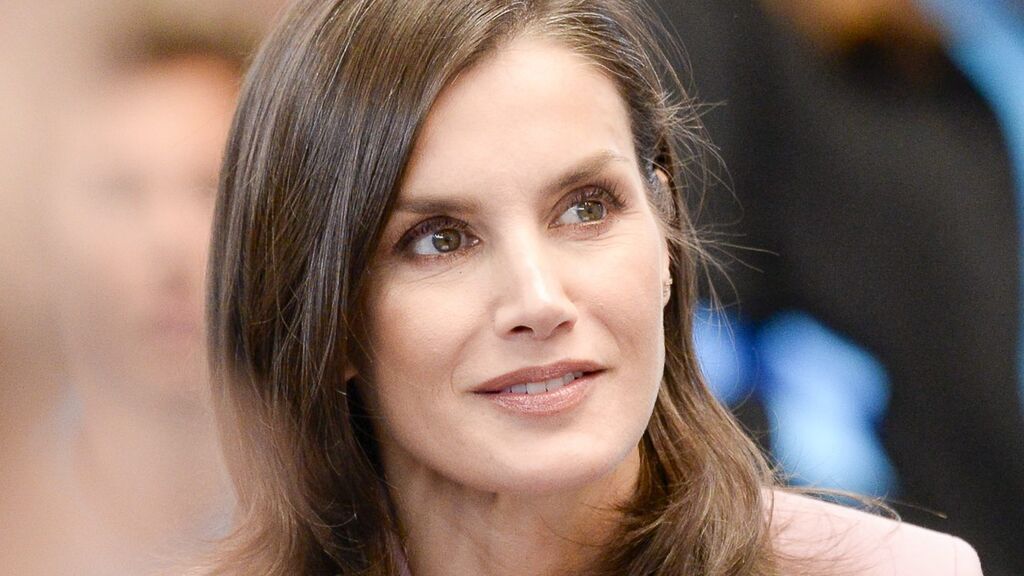Germany election 2021
Swiss Ambassador in Berlin: “I do not expect a change of direction”
—
The Swiss ambassador in Berlin, Paul Seger, on concerns about a long hangover after today’s elections. And why things could get a little “tighter” with an SPD Chancellor Scholz.
—
Paul Seger (62) has been the Swiss ambassador in Berlin since August 2018.
–
Paul Seger, what does the Swiss ambassador want? A new government headed by CDU leader Armin Laschet – or would you prefer the comrades with Olaf Scholz in the Chancellery?
Paul Seger: It would be a pious wish if we could choose who we want. We have to work with the government in the end that is elected.
The impression was that Chancellor Angela Merkel had a little bit of alienation with the Eurosceptic Swiss people. Is the relationship with Germany now getting closer again?
Seger: Germany is interested in good relations with us. Berlin supports our position in Brussels wherever possible. But of course: Germany sees itself as an engine and guarantor of European solidarity. If there is a trade-off between friendship with Switzerland and European solidarity, every new government – whether CDU or SPD-led – will opt for European solidarity. But: I do not believe that there will be fundamental changes in direction in the relationship between Switzerland and the EU with a new federal government.
Olaf Scholz stands more for a deepening of the EU than Armin Laschet. Would you prefer a CDU government, from a Swiss point of view?
Seger: Scholz seems to me to be the more dedicated European of the two candidates. From him comes the sentence that Europe is Germany’s most important national interest. That shows how much he attaches importance to Europe. With an SPD-led government, the issue of Europe would probably be treated a little more tightly than with a CDU-led government. Either way: we have to do our homework ourselves in relation to the EU. As I said: I don’t expect a change of direction. Germany has a great economic interest in ensuring that the relationship between Switzerland and the EU does not deteriorate substantially. Brexit left an economic dent in Germany. Berlin cannot have any interest in another important economic partner like Switzerland getting into trouble.
The formation of the government could now be a month-long hangover – and Merkel will remain temporarily in office for a longer period of time. Are you afraid of an incapable government in Berlin?
Seger: You are right, prolonged government formation could be a problem. In addition, there will be elections in France next year. I am concerned that important foreign policy decisions – such as those on climate policy – will remain in the balance if a new government has not been formed in Berlin by next spring. So I hope that there will soon be an effective government in Berlin. But: I am sure that there will be no chaos or uncertainty in Germany.
Only when the government is in place can you, as an ambassador, begin to make contact with the new government. That could drag on again.
Seger: We have had good contact with Armin Laschet and his closest environment for a long time. I’ve also met Armin Laschet personally. We also have very good contacts with the SPD, even if I have not yet been able to speak to Olaf Scholz personally.
Did you explain the system of direct democracy to Armin Laschet? He was rather critical and skeptical about this.
Seger: Our system is only partially understood in Germany. After the Brexit vote, German politicians see the instrument of direct democracy even more critically. Germany will hardly get used to our system – but the most important thing is that Berlin respects our system.
–


:format(jpg):watermark(https://f.elconfidencial.com/file/bae/eea/fde/baeeeafde1b3229287b0c008f7602058.png,0,274,1)/https://f.elconfidencial.com/original/1fe/3ca/e71/1fe3cae71b74189e83ece9049ade3005.jpg)